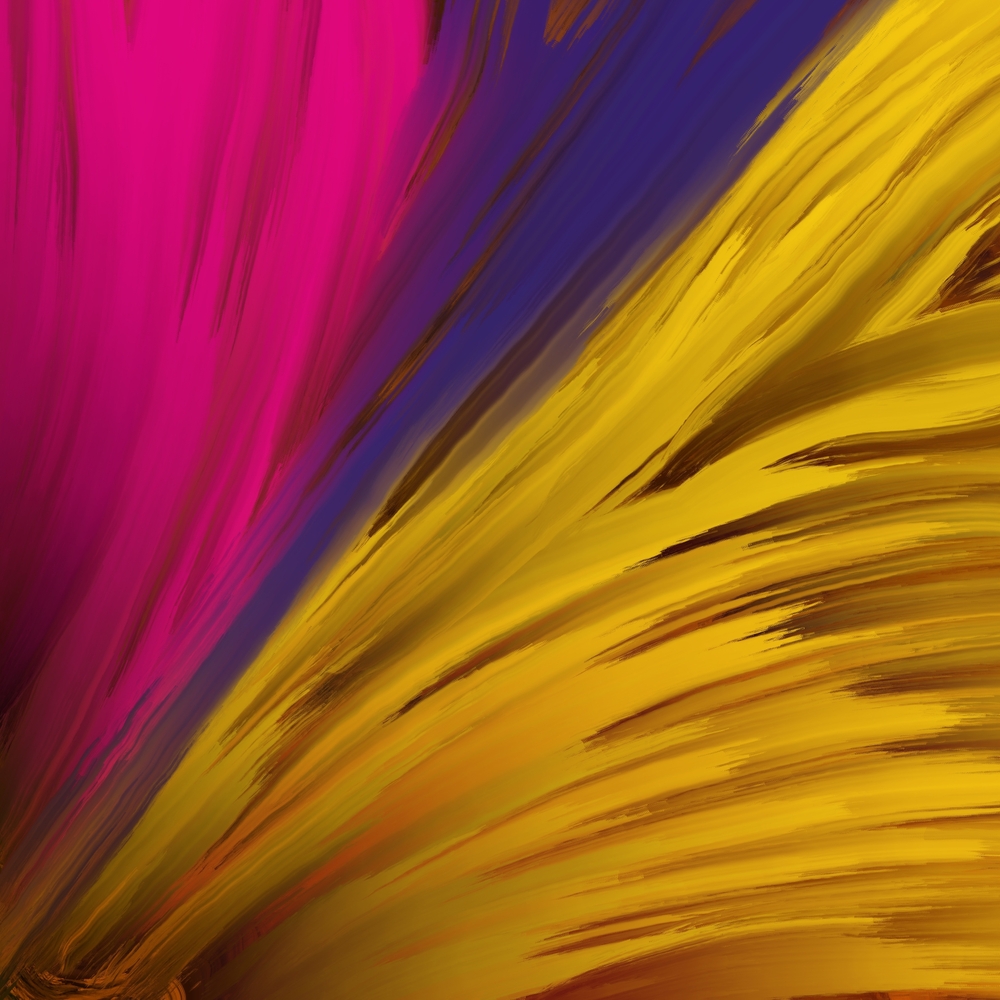Giving: an antidote to half-heartedness
The Paramitas
Do we spend our lives in a never-ending, unsatisfactory cycle of picking and choosing? Or can we give ourselves wholeheartedly into the Dharma, which brings with it an end to suffering? Dr Alan Sidi investigates.
 ©
© shutterstock
Giving (Dana) is the first of the Paramitas. Traditionally, the giving is of material things, of the Dharma and of fearlessness. Giving is in fact found in each of the Paramitas in different ways; discipline for example requires us to give up things we want, endurance requires us to give in to the situation, energy requires us to give our energy fruitfully and so on. Why do we need to give ourselves? The cause of our suffering is our attachment, grasping and clinging. Giving is an antidote to this, hence its importance in our practice. Through giving, there is a turning around and a dislodging of the wanting which is at the core of our delusion.
However, this can be a sticking point in our training. Since we mistake the delusion of ‘I’ for life, as we continue to give ourselves, inevitably ‘I’ weakens and as it does so we may feel that we are giving up our life. I recall a very good Zen student who left the group after a few years of training because he felt that what he called the best parts of him were dying off. We are afraid of that ‘crossing over’, afraid of Nirvana or Enlightenment because we don’t want to lose that control which we believe to be our life. When we give ourselves, we relinquish this intentional power which we treasure so much and without which we feel nothing can happen.
I recall as small child going to a fair with my parents. As we walked towards the entrance gate it was very crowded and for a moment I lost contact with my father. I reached up and took his hand again. It turned out to be not my father but, to his amusement, the hand of a stranger. I was shocked to see it wasn’t my father and I quickly let go and ran to him. It was a real shock and I remember it very vividly because as a child my whole world was centred around my parents. I felt, like all children, that I could place the whole of myself, my security, my world cushioned in theirs. It was a shock for a moment to have all of that swept away.
We have to ask ourselves into whose hands do we give ourselves? Do we hand over to a never-endingly unsatisfactory life of picking and choosing? Is this what we want for the rest of our lives? Or can we hand ourselves wholeheartedly into the Dharma that we know is founded on Wisdom and Compassion? We are caught in a dilemma; on the one hand fear holds us back as we clutch onto our picking and choosing, whilst on the other the heart which naturally inclines towards the Dharma urges us on, so we swing back and forth.
Master Dogen said: “To give ourselves is to forget ourselves. To forget ourselves is to know ourselves”.
This is not a knowing in the head but a knowing like a pinch in the arm. Many of our fears are created by our thoughts, which is why there is an emphasis in this practice on the body. It brings us back to this moment. It is carried out in the body which we hand ourselves into, give ourselves into. The body is always in the present. It doesn’t require ‘I’ or a self to be so, it’s just always in the present. When it’s cold it shivers, when it’s hot it sweats and so on. So, fearlessly, coming back into the body and giving ourselves again and again we keep returning to this moment.
This is an excerpt from Anna Karenina by Leo Tolstoy about being in the body whilst working:
“The longer Levin mowed the more often he felt the moments of unconsciousness in which it seemed not his hands that swung the scythe, but the scythe mowing of itself, a body full of life and consciousness of its own, and as though by magic, without thinking of it the work turned out regular and well-finished. These were the most blissful moments”.
This kind of knowing in the body cannot be deceived. It arises before thinking, before fear or opinion intervene. This is a pointer to things as they truly are, being at one with what is and a falling away of the sense of feeling apart or separate which so characterises the delusion of I.




